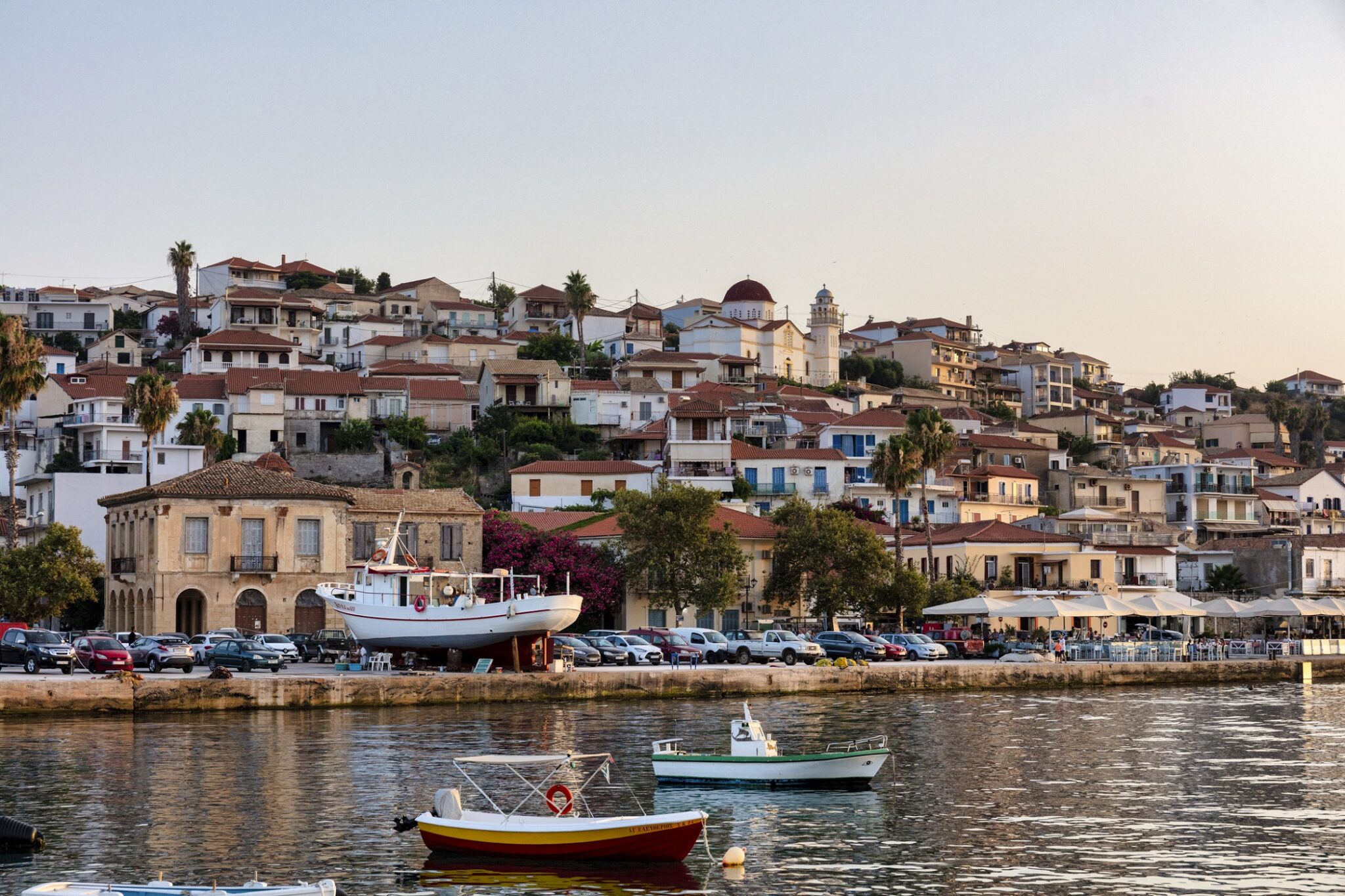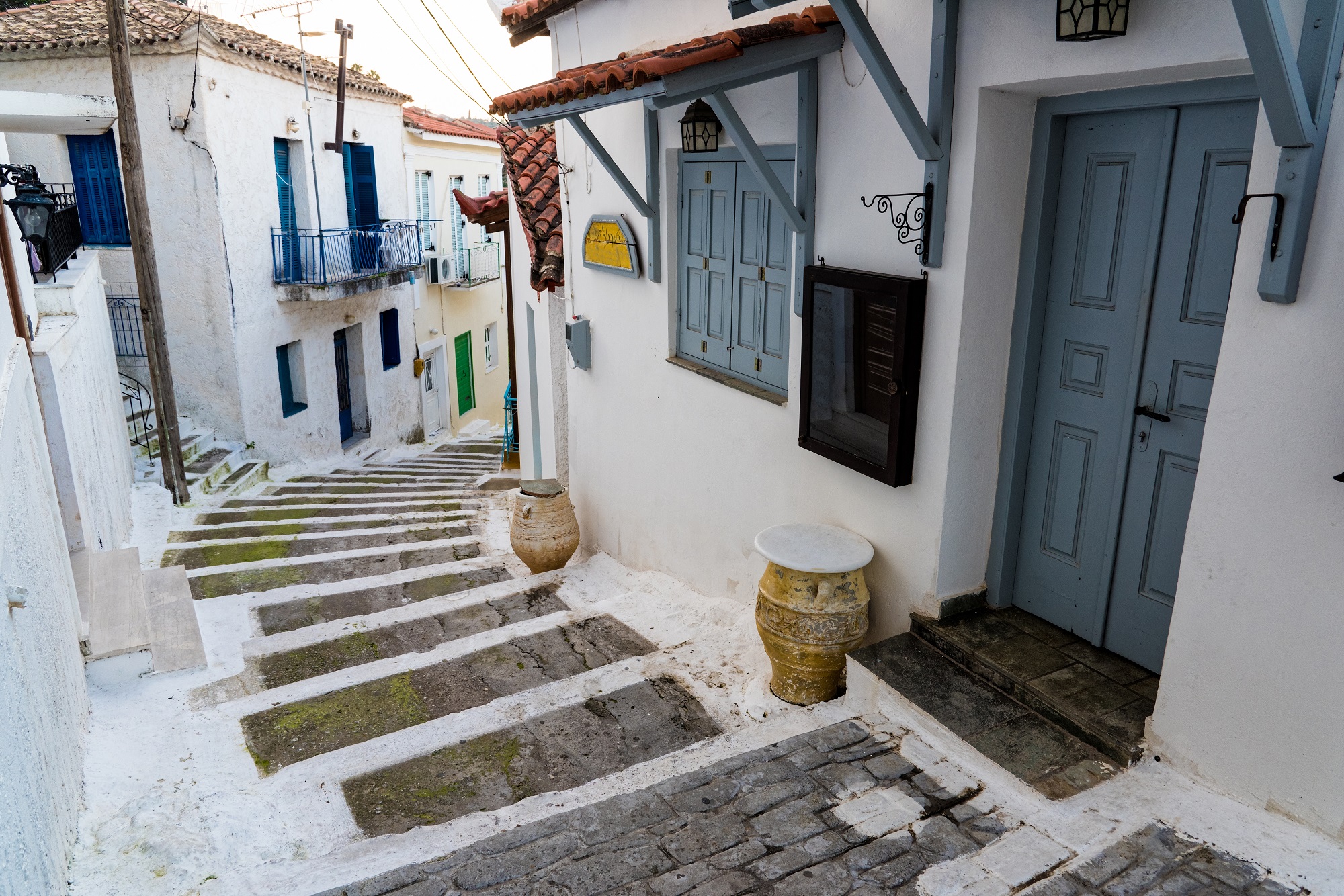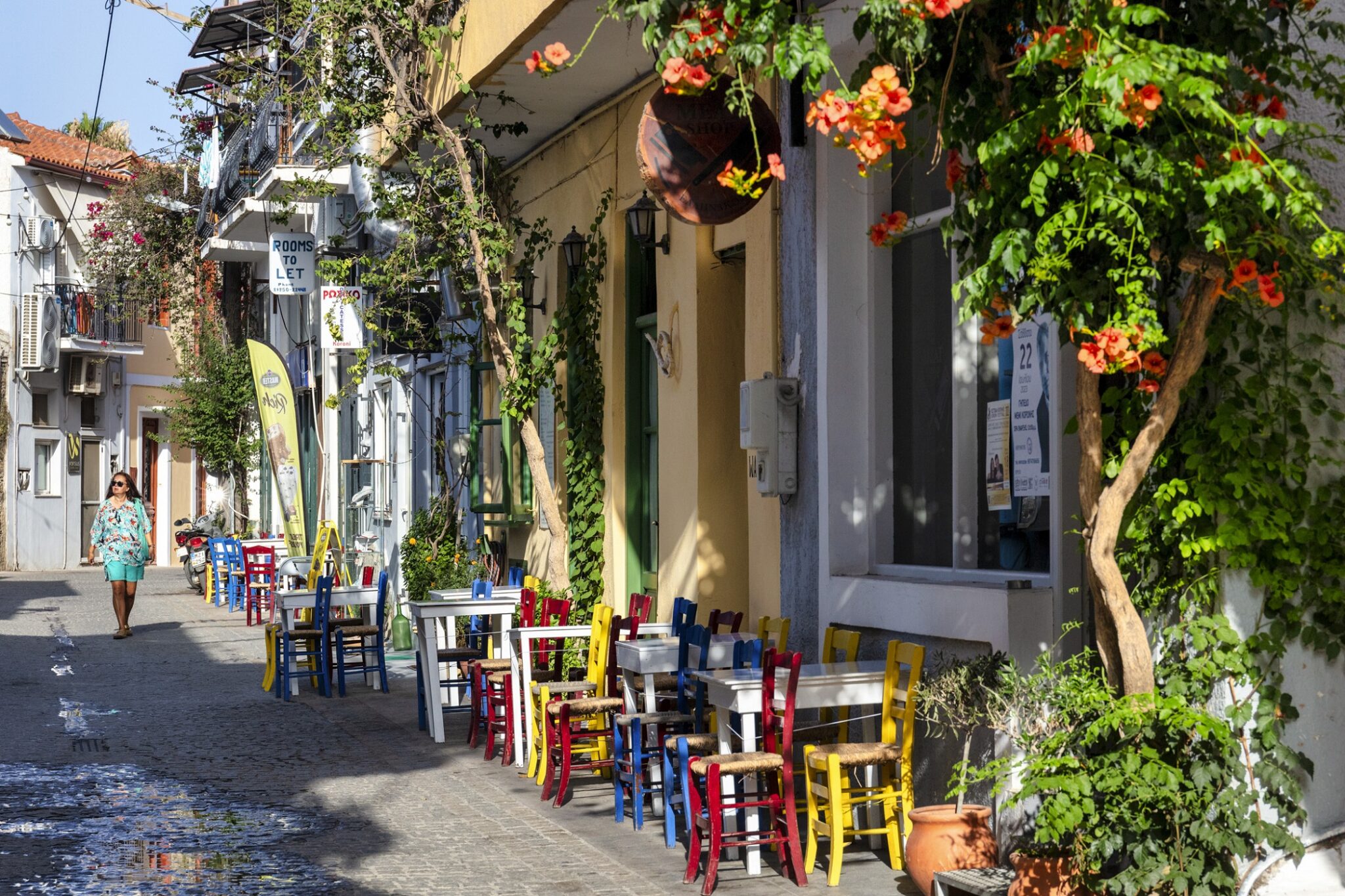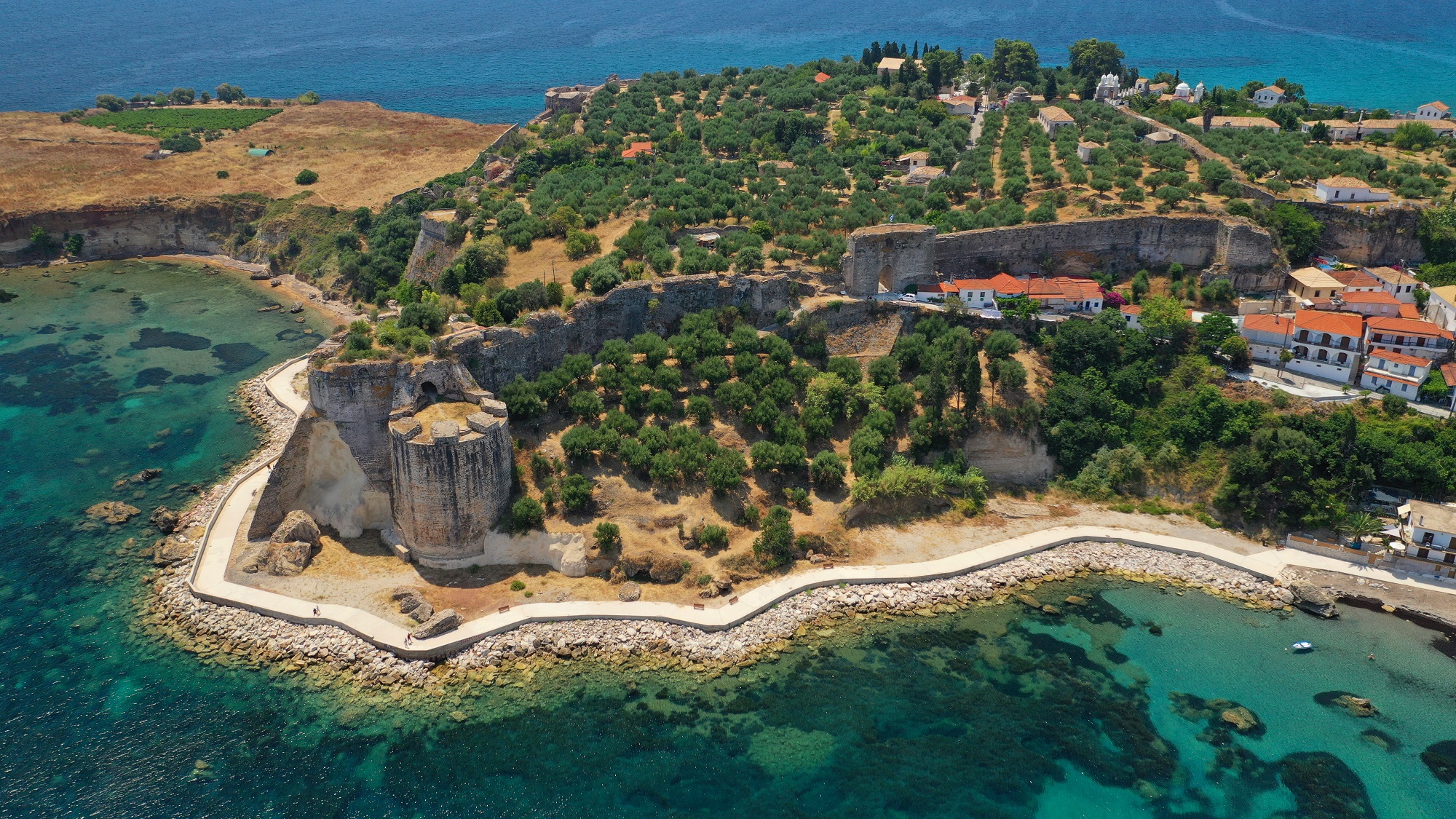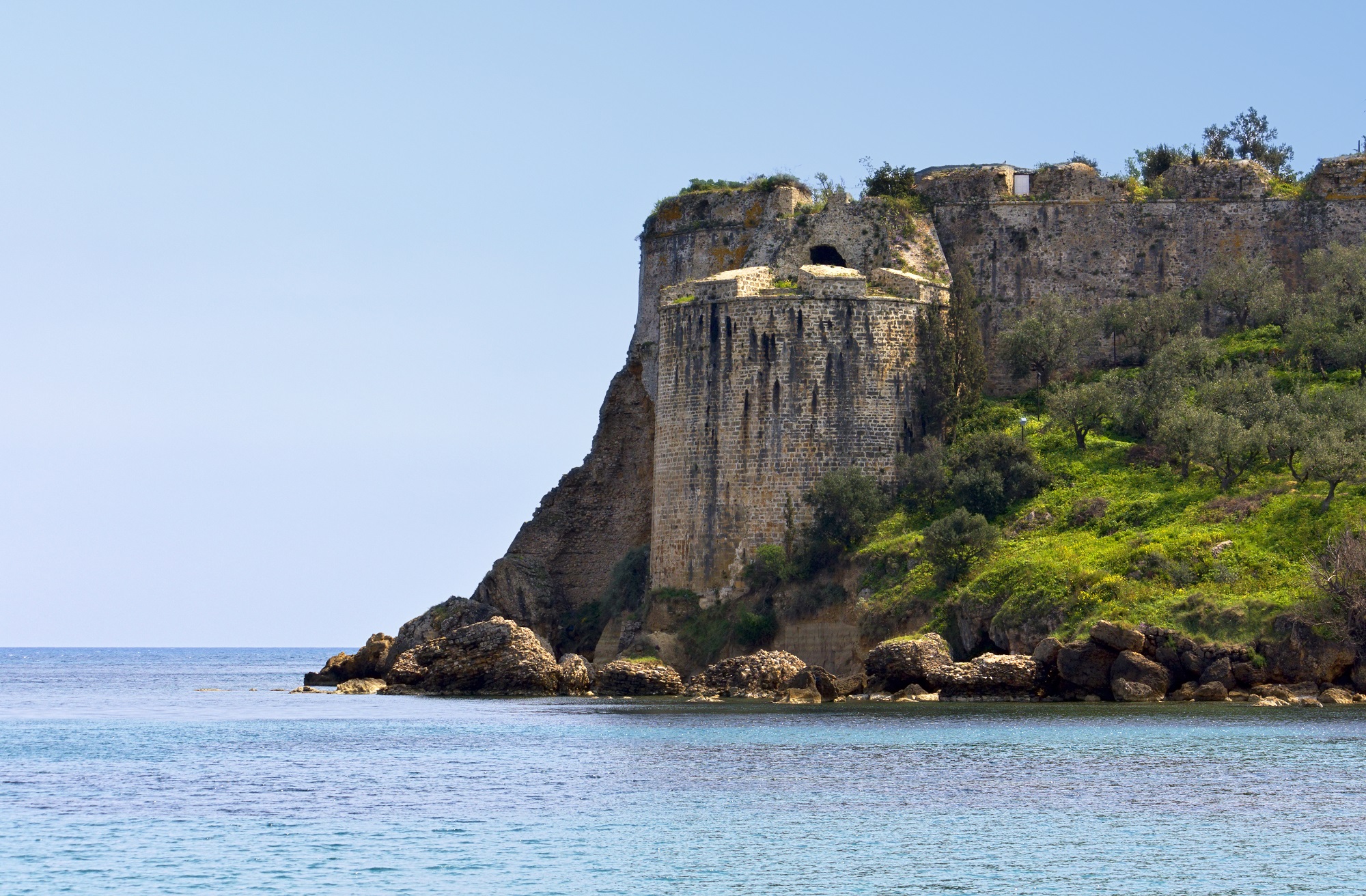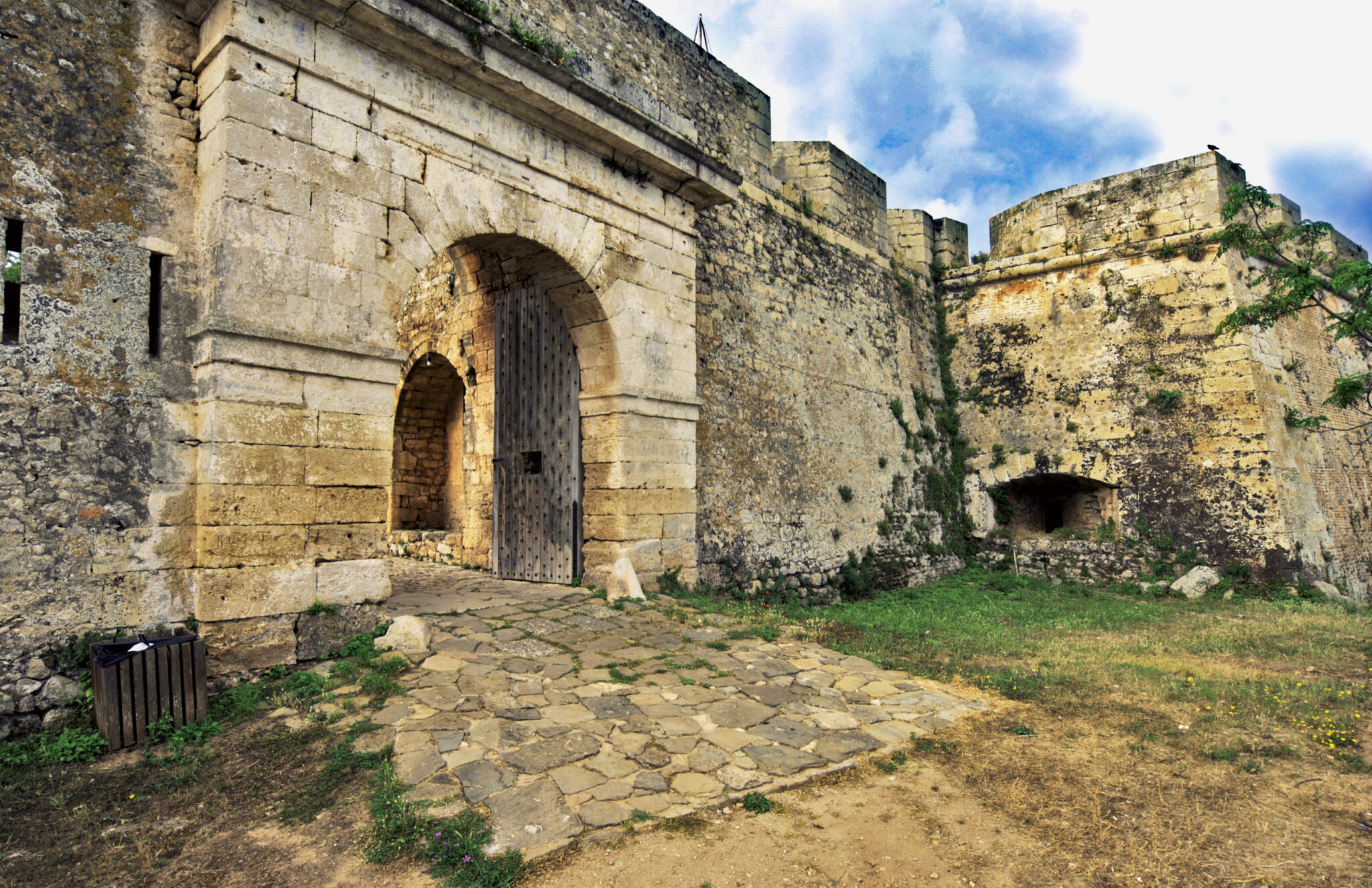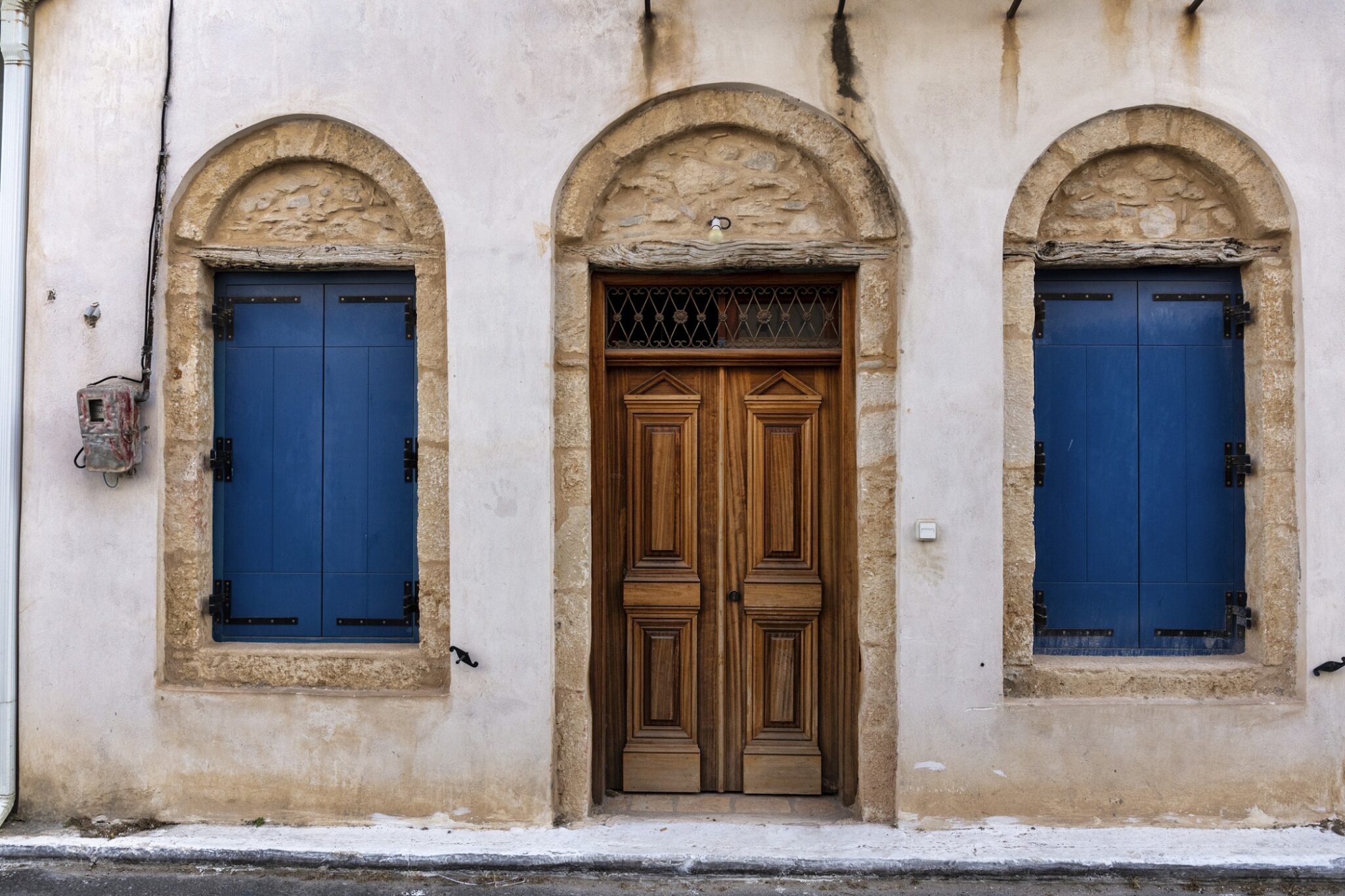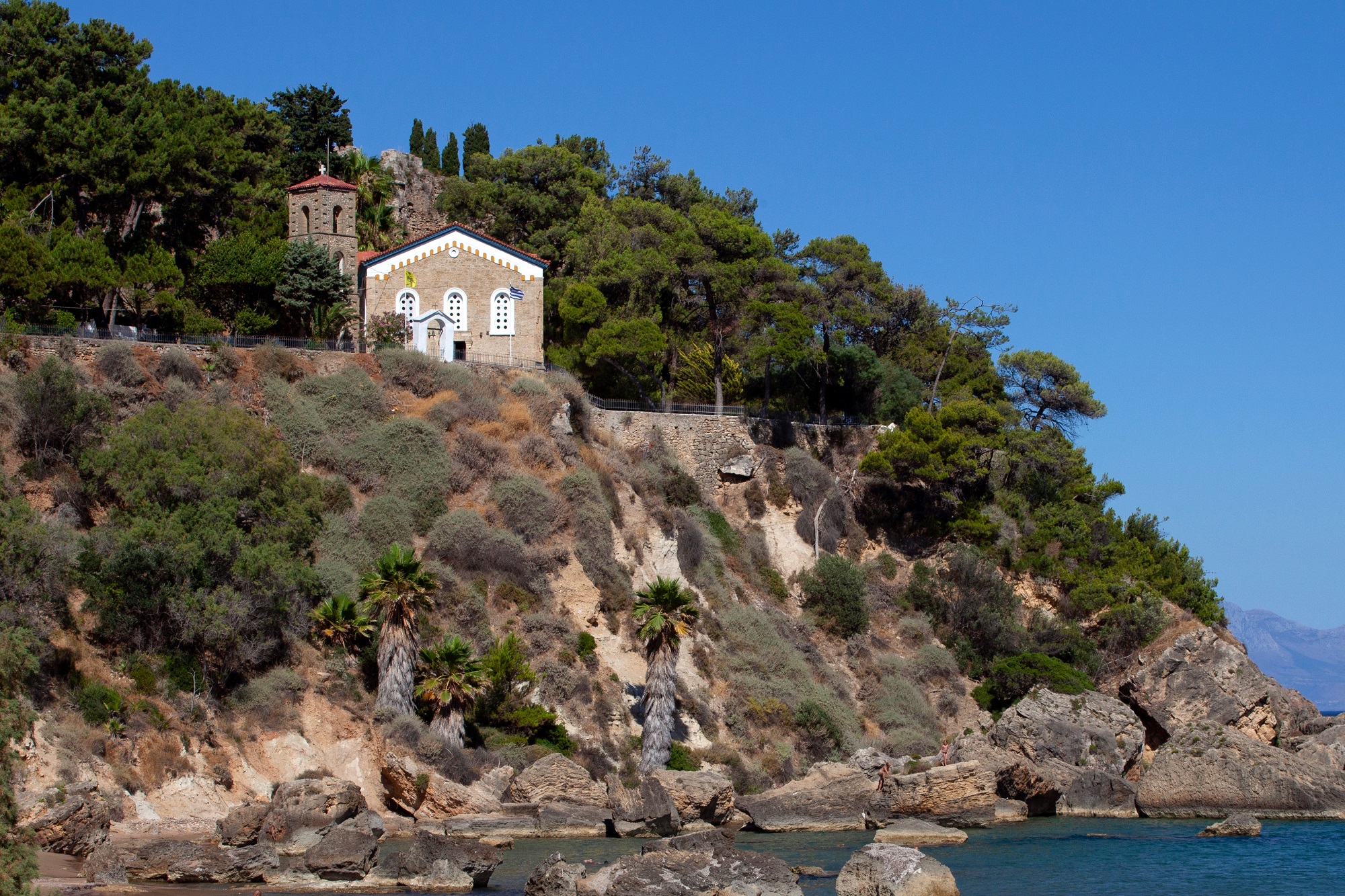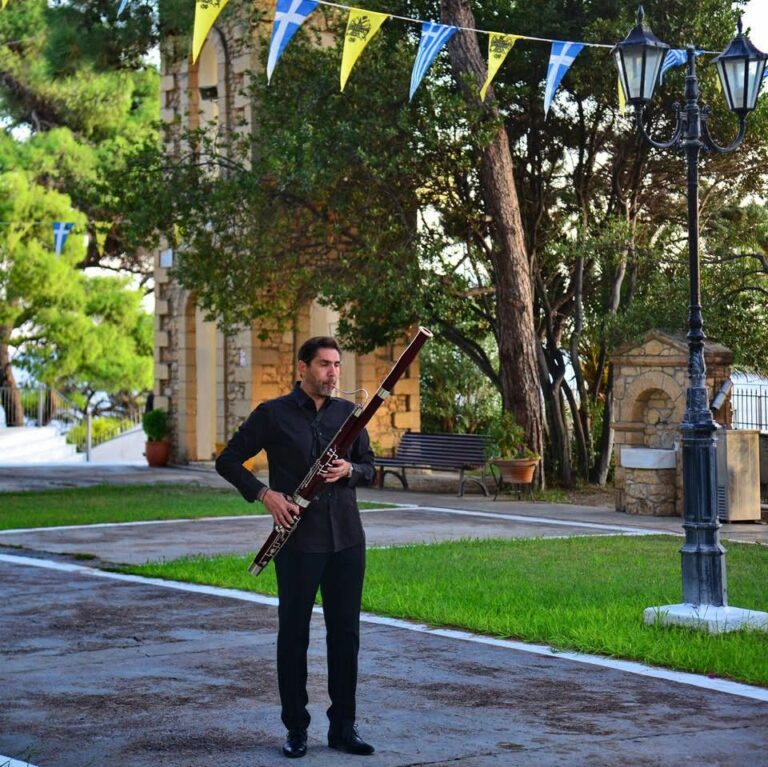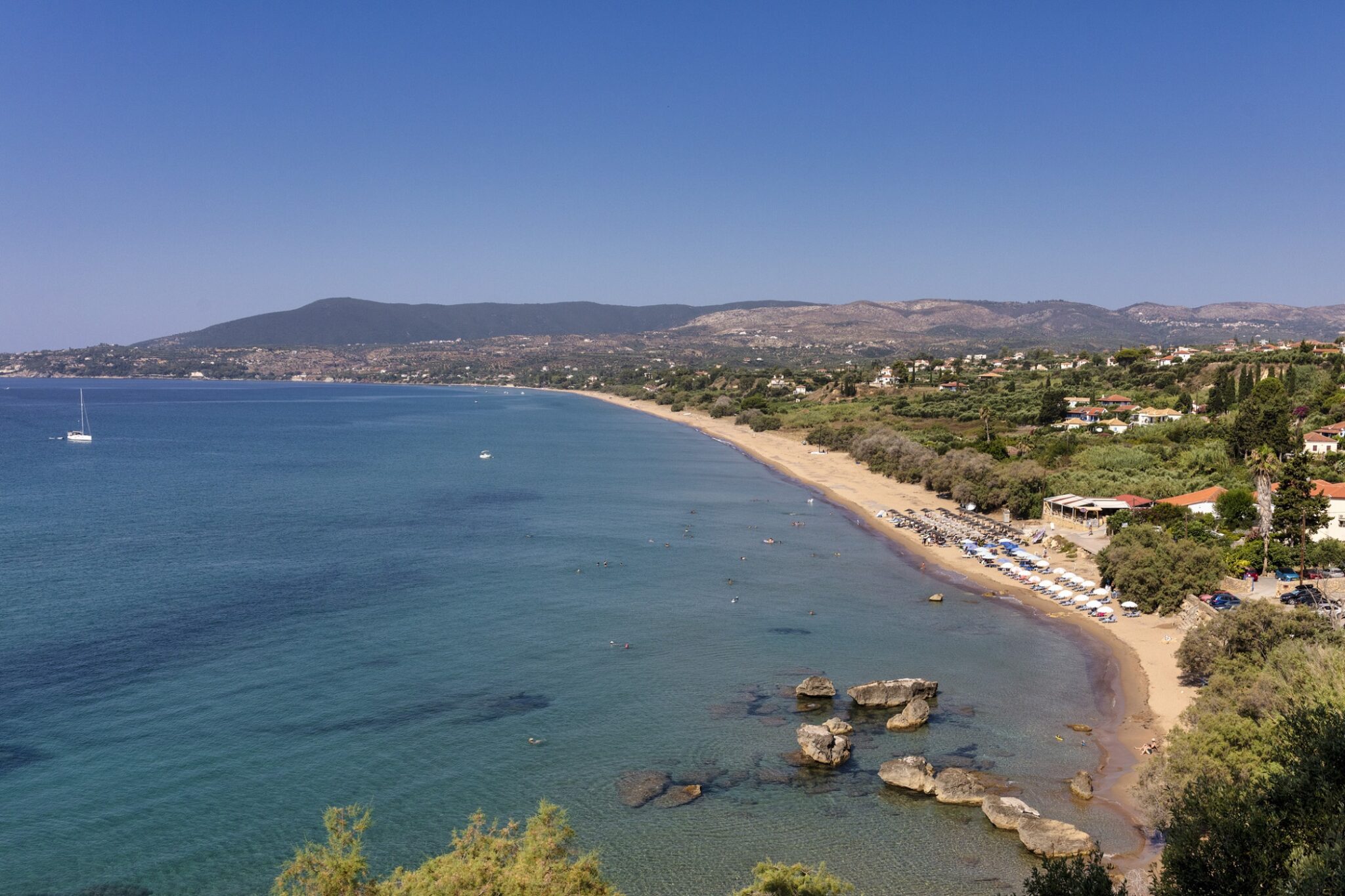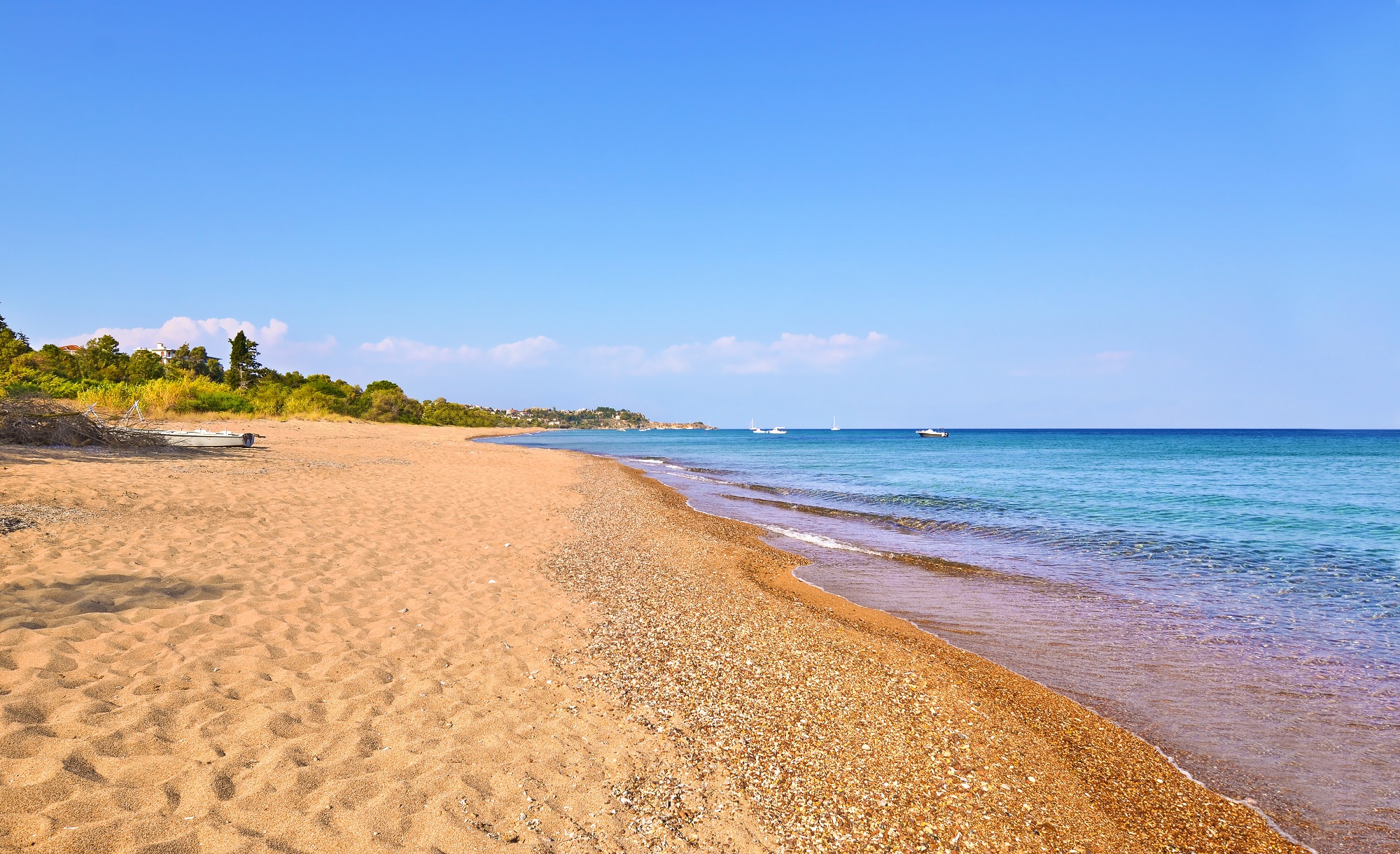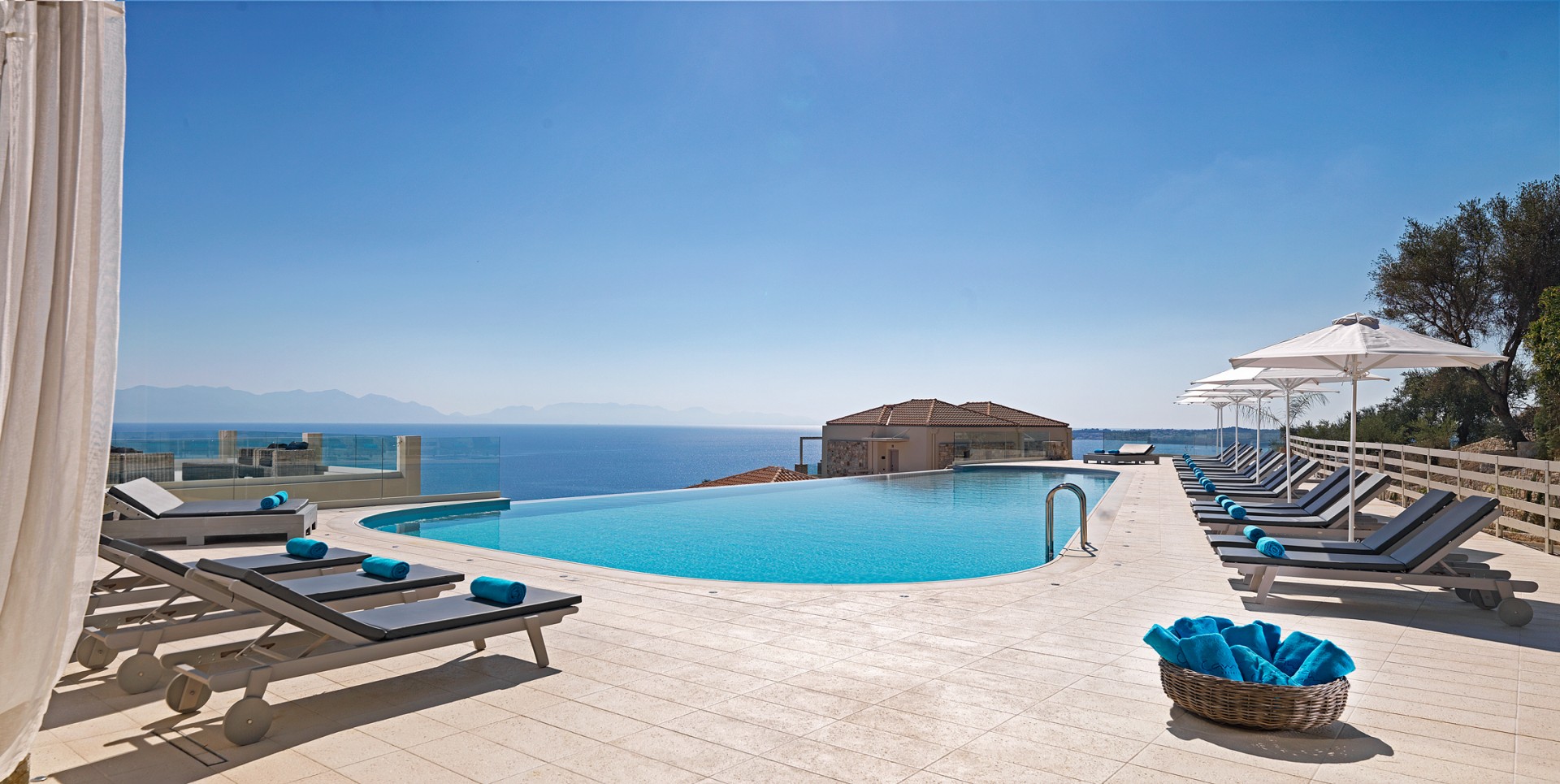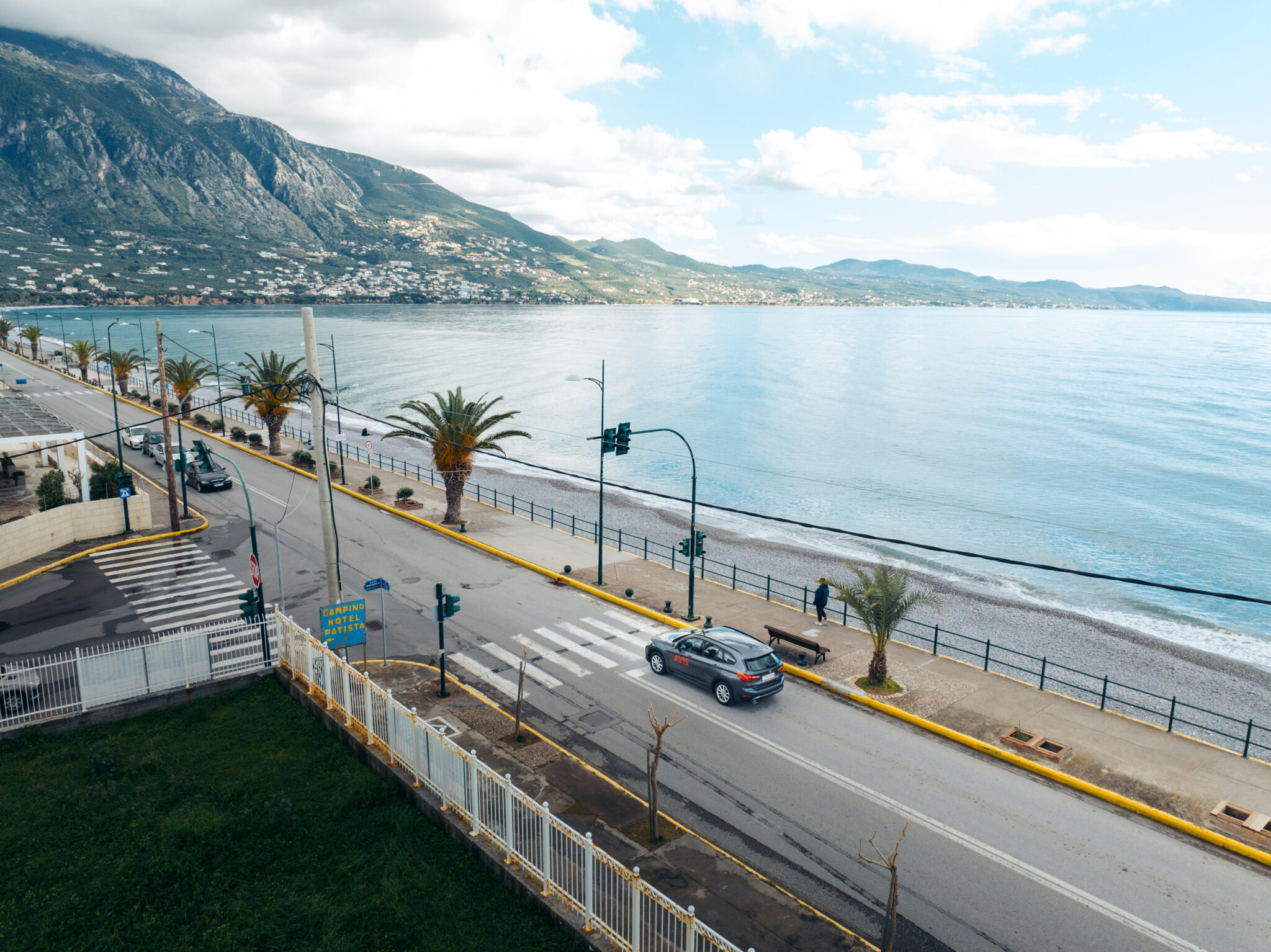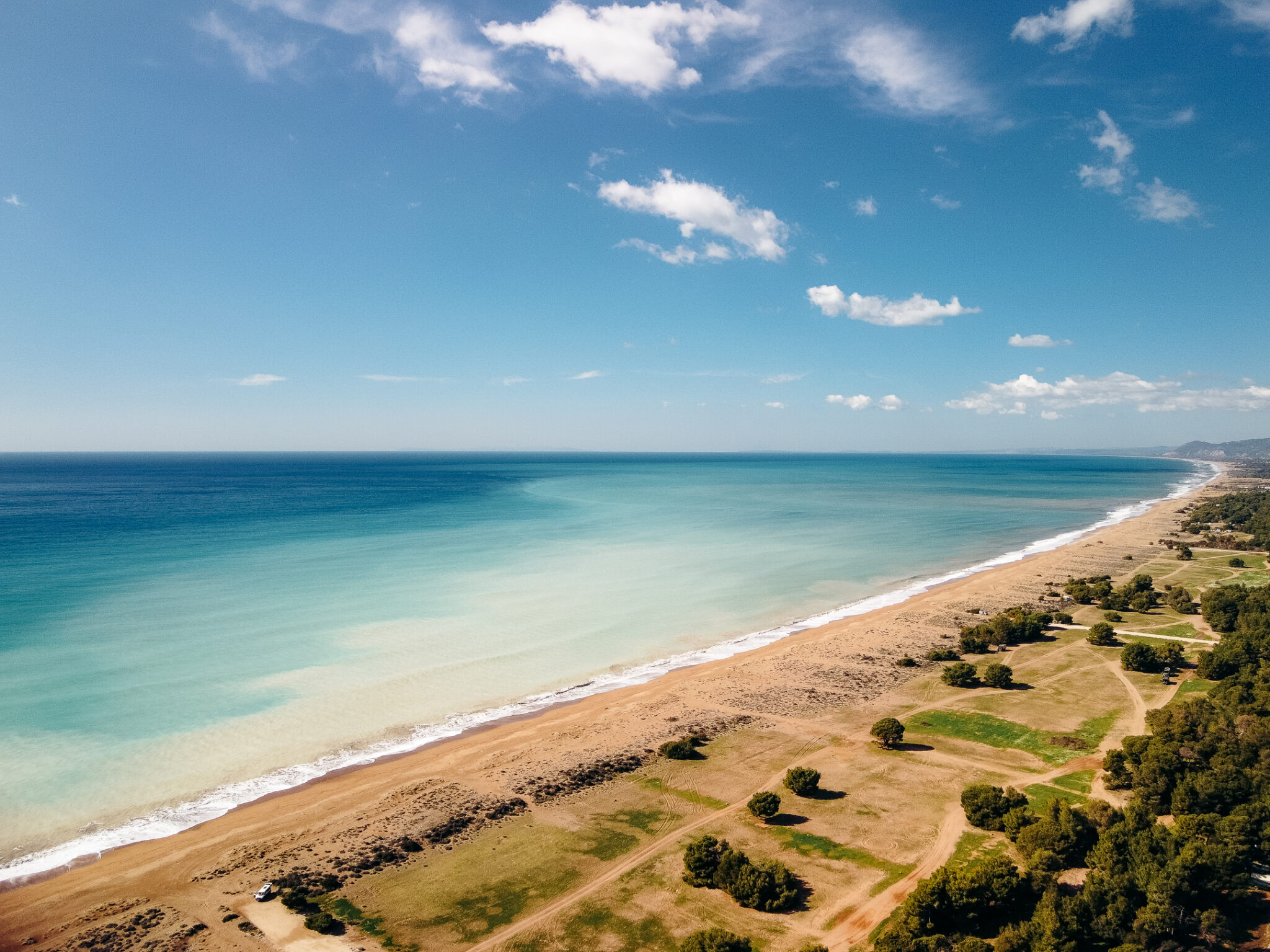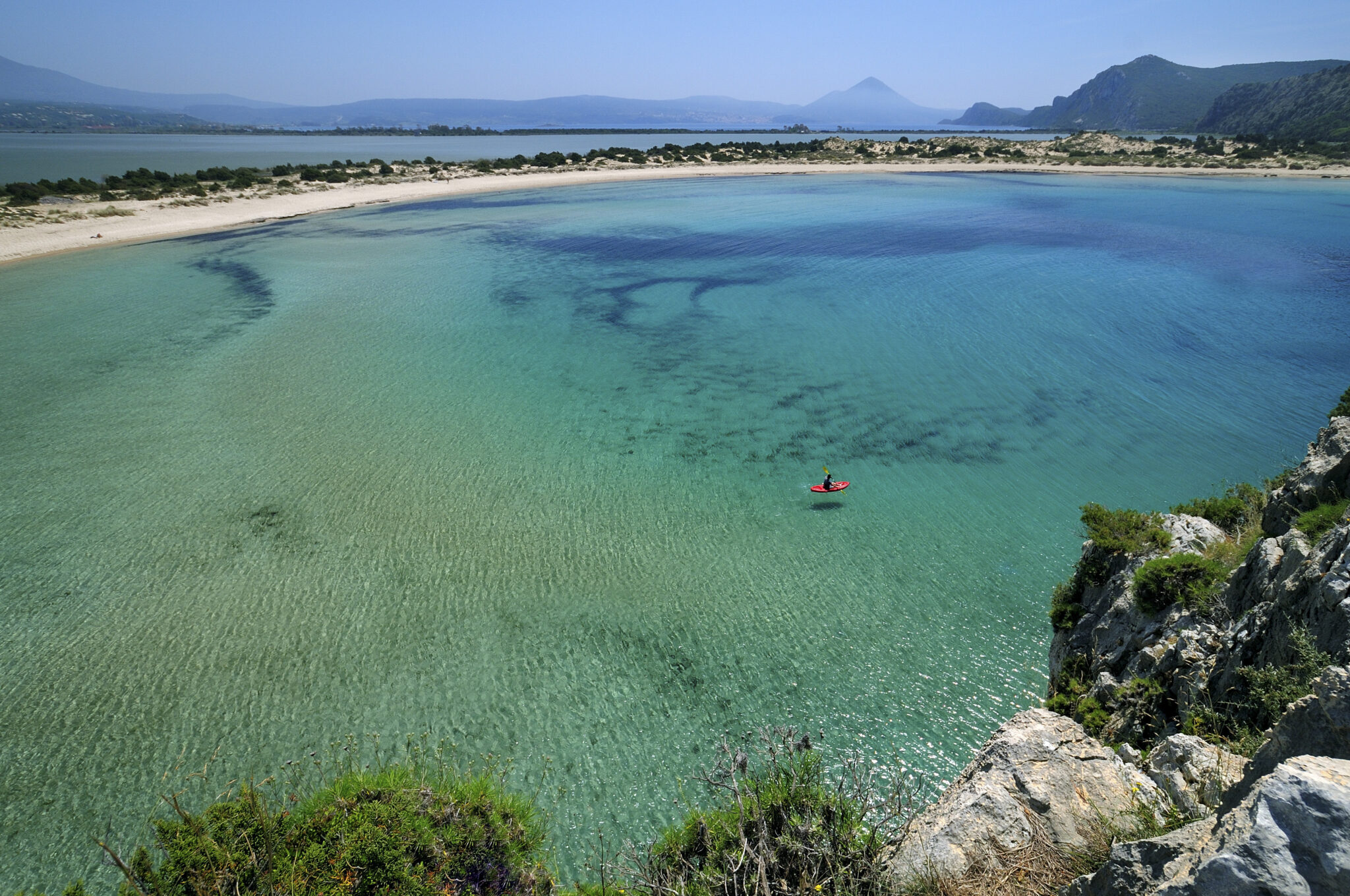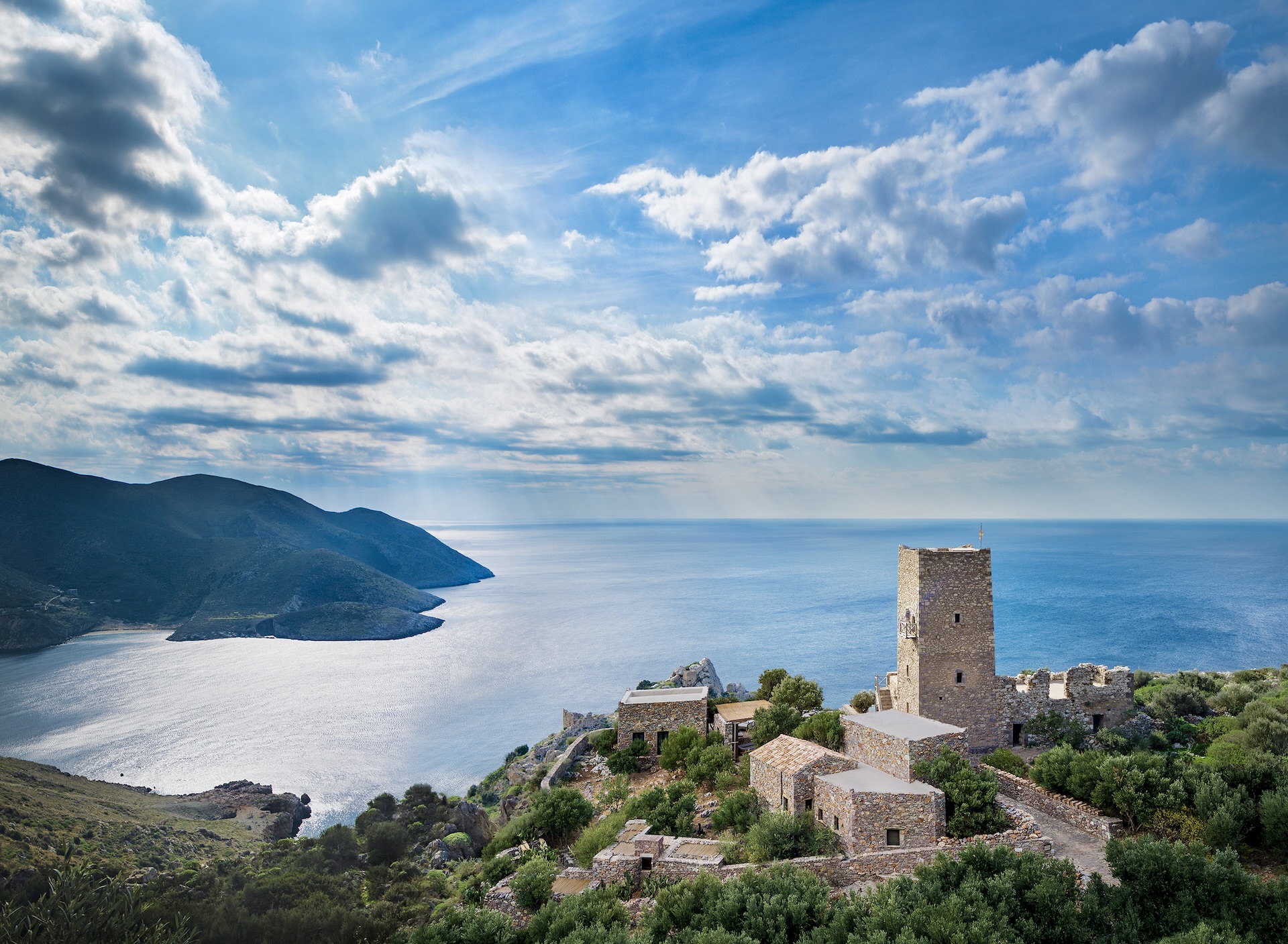The trip from Athens to Koroni feels effortless along the top-standard Tripoli-Kalamata highway, which falls just a few kilometres short of the Peloponnesian capital and requires a left turn for Messini. From this point, it takes around 10 kilometers to reach Petalidi. There, the road follows the coastline of the Messinian gulf, passing through olive groves and small villages, the sea view constantly dominant. A legendary Venetian castle, linking the Messinian gulf with the Ionian Sea, as well as the present with the past, is Koroni’s most famous monument.
In the past, Petalidi was named Koroni, while present-day Koroni was known as Asini. During the 7th and 8th centuries AD, the inhabitants of early Byzantine-era Koroni abandoned their village and relocated to the fortified acropolis of Asini for protection from Slavic and Arab incursions. They did not forget their village name, adopting it for their new homeland. Asini was left to fade. In this article we delineate the many wonders to discover in the area.
01
Cobbled Alleys & The Esplanade
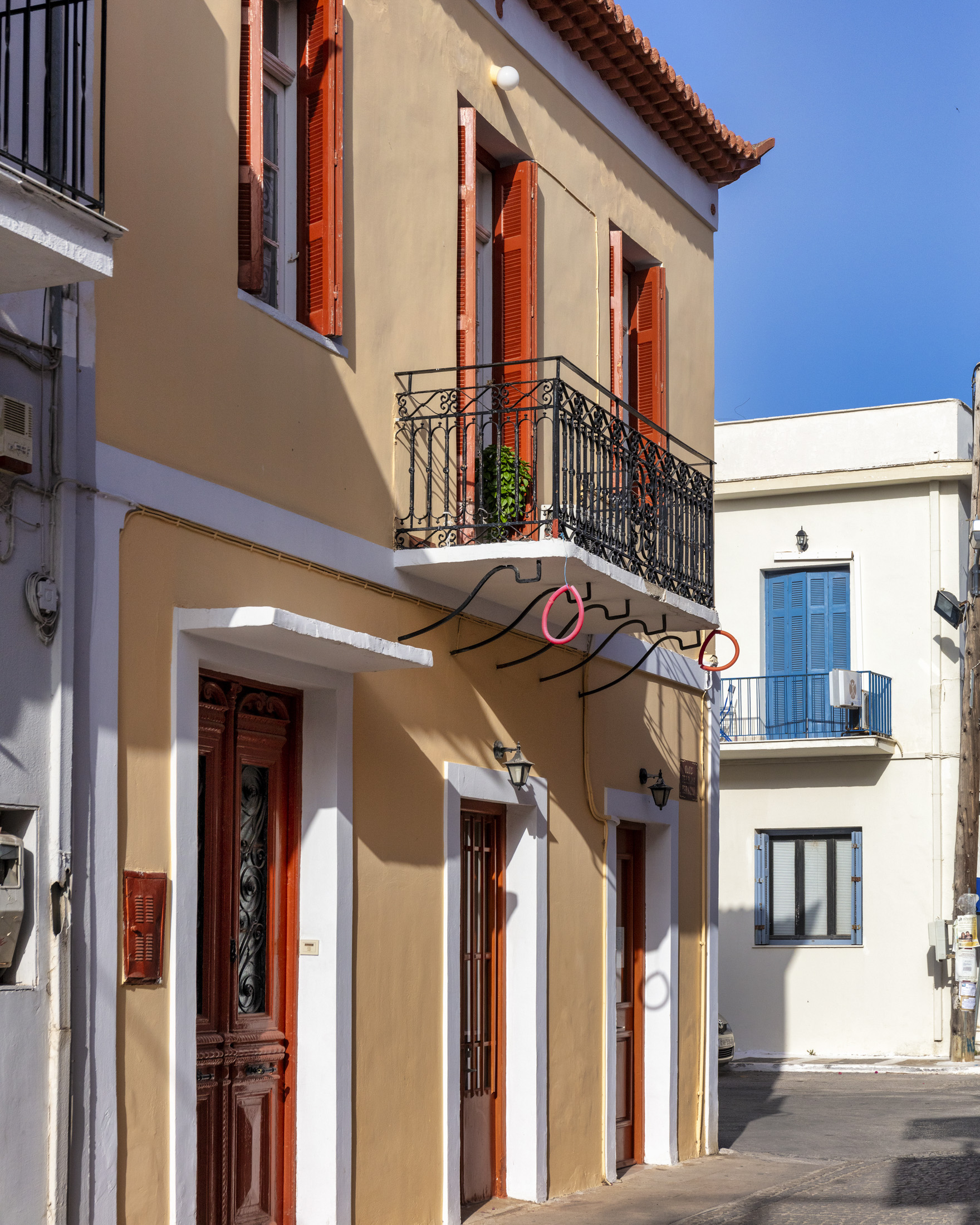
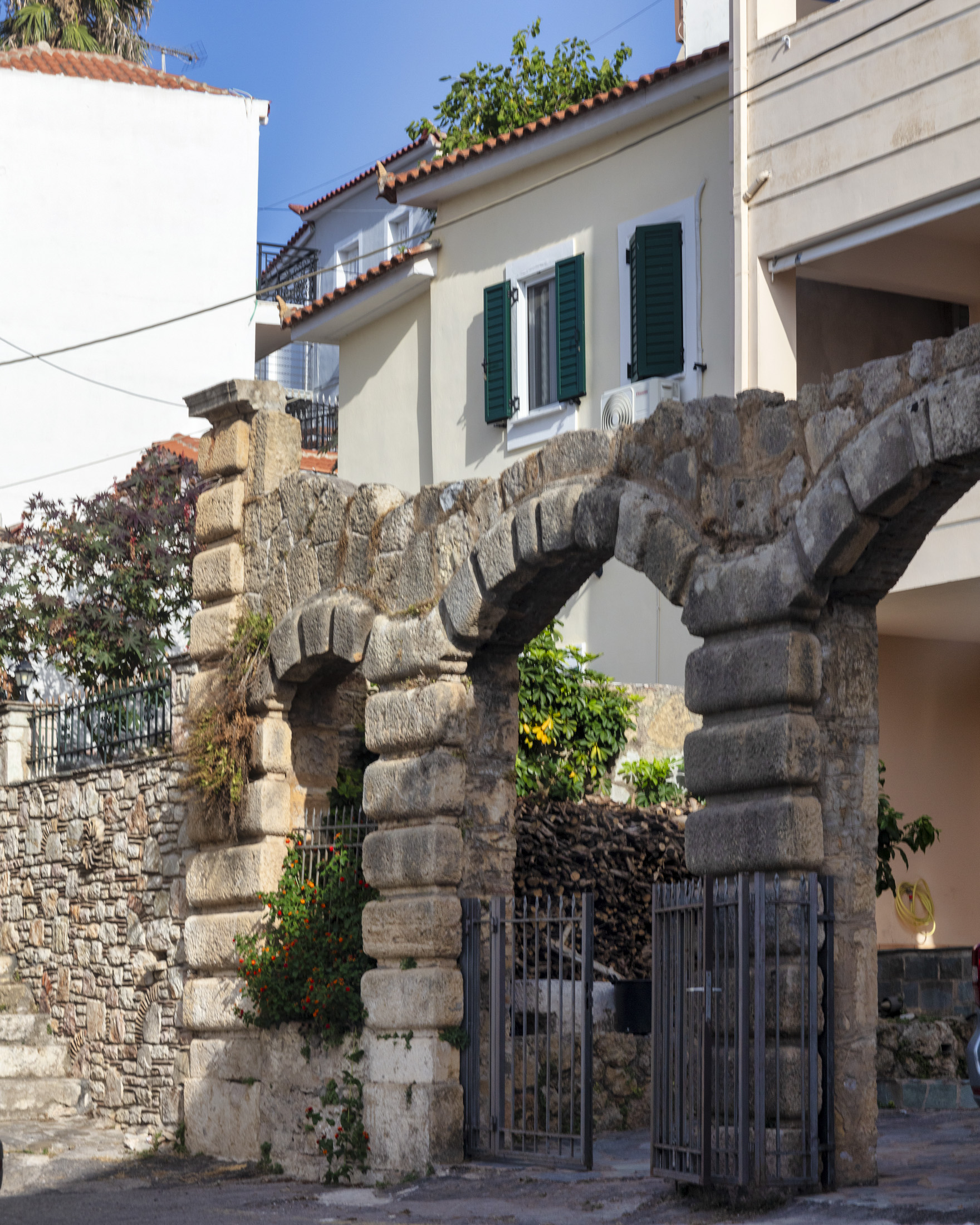
Koroni, built around the slopes of a small peninsula at the southwestern tip of the Peloponnese, looks like an island. Down below at the port, the esplanade, lined with fishing boats, tavernas and cafes, creates a lively setting at this small town. The cobbled alleys, too, featuring old mansions with flowered facades and impressive corbels supporting their balconies, are also filled with positive energy.
At the centre of Koroni, Agiou Dimitriou Square is one of the Peloponnese’s most impressive squares. It features palm trees and an imposing church of the same name. It is shady, cool and filled with life. Narrow alleys to the square’s left reach the port, while picturesque cobbled paths to the right head to the upper districts.
The town’s magic captivates visitors, quietly winning them over. Koroni offers a combination of serenity and liveliness, which gradually absorbs visitors, who, from a certain point onwards, no longer feel as if they are visiting something of the past, but grow into the timeless quality of the place.
02
Koroni Castle
A series of wide, paved steps rising between elegant houses with flowered balconies lead to the main gate of the Koroni castle, one of the country’s few that remain inhabited. This point can also be reached by vehicle. Motorists may park in front of the castle or at the school’s public parking space.
Strolling through the cobbled alleys and alongside well-preserved walls takes you back many centuries. Features include underground vaulted tanks for water supply during sieges, the ruins of Agia Sophia church, built in the 12th century over the remains of an ancient temple, as well as the Agios Haralambos church and cemetery.
The view from the Old-Calendar nunnery Timios Prodromos, at the highest point of the caste, is incredible. The Messinian Gulf is spread endlessly at the back, while Koroni’s small port is nestled to the right, surrounded by the town’s houses. The main beach, stretching as far as the eye can see, is situated directly behind. Along the northern side of the castle, towards the port and the Messinian Gulf, the wall rises vertically to then round off, forming two imposing round towers, on the coast.
A major feast is staged at Panagias Tis Eleistrias church, celebrating the day of Zoodochos Piyi (Life-Giving Spring), on the Friday following Easter Sunday. Slightly beyond the gate, look for the Resalto Monument, in remembrance of 48 Greeks who unsuccessfully attempted to reconquer the castle from the Ottomans on the night of February 13, 1824.
The renowned fortified city stretches as far back as the Byzantine era’s 7th century. The Franks then took control, followed by the Venetians, who rebuilt the castle in the 13th century. Koroni, along with Methoni, gained major strategic significance for the Venetian fleet’s interests in the eastern Mediterranean. The Ottomans followed, but struggled to gain control of the castle, succeeding after six wars with the Venetians. The French took control next, followed by the Greeks.
The legendary castle remained involved in warfare until World War II. Its eastern bastion was used by the occupying Nazi German forces as an ammunition depot. It was blasted during their departure, in 1944.
03
Koroni’s Cultural World
Despite being a small regional town, Koroni boasts a lively cultural scene, covering most of the year. Europeans from Switzerland, Germany and Austria, many of them artists – painters and musicians – have bought houses in the area. They exhibit paintings and perform concerts as part of the Koroni Arts Festival. The musicians have also formed a philharmonic orchestra with a number of local musicians.
The marvellous neoclassical building housing the Maniatakeion Foundation, which becomes even more impressive at night, when lit up, stages many cultural events, especially during the summer. The building, featuring large arched doors on the ground floor and windows with elegant wooden shutters on the first floor, was donated by a prominent local family.
Ceramic art remains a fascinating part of Koroni’s folk art, best known for its large clay pots, locally referred to as tzares. They were an important part of everyday life, used for carrying olives from the port, olive oil and food in general, as well as for exporting local goods to other parts of Greece and abroad.
Miniature versions of Koroni’s clay pots and details on their history are available at the village Kompoi, 10 kilometers from Koroni. They are sold at Kiari Wine & Deli, an active spot whose many initiatives include tasting events for wine and virgin olive oil of exceptional quality. The Koroni Mediterranean Diet Festival, supported by the Pylos-Nestor Municipality and the Maniatakeion Foundation, ranks as an important gastronomic and cultural event.
The Mediterranean diet has been listed on a UNESCO Intangible Cultural Heritage list since 2010. Seven Mediterranean countries – Greece, Croatia, Cyprus, Italy, Morocco, Portugal and Spain – have each chosen a flagship city for this list. Greece is represented by Koroni for its traditional cultivating methods, dietary habits, local products and food-related social events.
Seminars, street parties involving cooking, and preparation of local recipes are all integrated into the festival, along with dance performances and exhibitions of traditional products. This festival, alone, is good enough reason to spend a weekend in Koroni.
04
Beaches
Koroni’s main beach, at the back of the town, features two serviced sections at either end, Zagas beach at one side, and Memi beach at the other, as well as a two-kilometre stretch in the middle for more detached, private holidays. Zagas beach, with restaurants and bars, is below the castle. Memi beach, at the other end, has a surf and kayaking school, a restaurant – To Limanaki (+30 2725 022480) – as well as a canteen. Rooms for rent and villas of varying quality and prices are available at the long stretch in the middle.
Three sandy beaches, Gargarou, Agia Triada and Agios Ioannis, are relatively unknown. Another beach option, Tsapi, quite remote, is situated between Koroni and Vounaria. Peroulia beach, below the village Kompoi, is more cosmopolitan. This beach, preferred by younger people, is serviced. It is lined with hotels, beach bars and cafes.
05
Gastronomic Endeavors
Very satisfying meals are promised at Koroni, the pork roast with crispy crackling being a top selection. Fresh fish, local meat dishes and a range of well-prepared traditional dishes also feature. Seek the Messinian kayiana (eggs with tomato and cured meat); rooster in tomato sauce with traditional hilopites noodles; baked fish in tomato sauce with garlic and bay leaf; sfela (local white cheese), galatopita (milk pie), and lalaggia (fried dough strips).
Where to Eat & Drink
Artaki, a seaside taverna at a synonymous beach, serves grilled meat, casserole and pork dishes. Making reservations is advised here.
Nikos’ taverna (+30 2725051289) in the village Vasilitsi, around four kilometers from Koroni, serves exceptional local meat dishes and casserole recipes. They include ingredients produced by the spot’s proprietor, Nikos Hristopoulos, a true personality. Diners are strongly advised to make reservations.
The fish taverna Kagelarios, at the port, is a top spot for fresh fish and seafood, as well as terrific skordalia (garlic dip). The menu selections are much the same at Palios Kagelarios (+30 6977194084).
Bogris 2, a traditional taverna, serves homemade cured meat, kayiana, grilled meat, as well as very good bifteki (seasoned beef patties). The tzieri, pluck in tomato sauce with wine, a superb meze dish to be shared, is highly recommended.
Resalto Sailing Cove (+30 2725 023064) serves Mediterranean cuisine and looks out on an incredible view of the castle.
Wedged between the square and beach, the traditional Café Synantisi (+30 2725 022195), more commonly known as Varvoutsis, the proprietor’s surname, serves coffee, sweet preserves, as well as ouzo with meze. The spot also serves customers ypovrichio, sweet vanilla-flavoured paste immersed in a tall glass of cold water, for dessert.
For souvlaki wraps, go to Ovelistirio Diamantakis (+30 6984068082), where the gyro is homemade and marinated; or Gyrokomeio (+30 2725022302).
Continental breakfast, including cereal and eggs, is served at Mikro Briki (+30 2725023014), at the port, as well as Versus (+30 2725022800), an all-day spot that carries on as a bar in the evening hours.
Sweets-Coffee-Drinks
Athinaikon is Koroni’s most popular sweet shop. It sells amygalota (almond cookies), for which the city is renowned, superb galaktoboureko (semolina custard in filo), traditional milk pie, as well as loukoumades (fried balls of dough, with honey and cinnamon). Retro dessert enthusiasts will appreciate the pasta (syrup-soaked cake topped with a thick layer of cream) selections, made the authentic way with pure ingredients, including fresh butter, eggs and milk.
For drinks, the Roses Bar (+30 2725023063), next to the Varvoutsis kafeneio, serves quality spirits and selects rock music for the stereo. Kamares Bar, at the end of the beach, also plays rock music. Both these bars are open from the morning hours, serving breakfast.
06
Good Stays
Kolonides Beach Hotel, a luxury hotel at a lush setting in the Vounaria area, about a ten-minute drive from Koroni, offers a swimming pool. Two fine beaches, Kolonides, a secret beach, and cosmopolitan Peroulia, are located relatively near, a few hundred metres away.
Camvillia a luxury, stone-built resort in Vounaria, is comprised of independent units. It is built amphitheatrically within gardens reaching the sea. The hotel offers indoor and outdoor swimming pools, as well as private swimming pools.
Sofotel, at Koroni’s entrance, offers simple rooms with superb views from the balconies. Breakfast may be enjoyed at the large veranda or the hotel’s breakfast area.
Ζaga Beach Hotel, a two-storey seaside facility, has big rooms with simple décor and soft colors. The sea view is great from this spot, also running a taverna with traditional cuisine. It is a ten-minute drive from Koroni.
Ζaga Mylos Hotel, surrounded by a garden, offers spacious rooms with simple furniture and décor. It is a ten-minute drive from Zaga beach.



